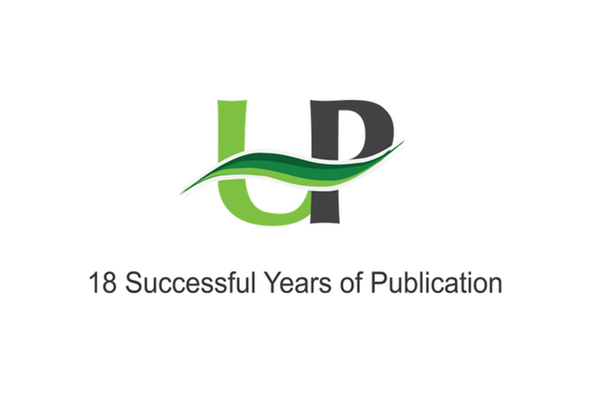Shallots have been a staple in the kitchen for years, adding flavor and depth to a variety of dishes. But do you know how they are grown and what measures are taken to ensure their safety and quality? In this article, we will explore the responsible cultivation methods used for shallots and the support projects in place to ensure their sustainability in the industry.

Responsible Cultivation Methods:
Shallots are grown outdoors in the soil, with a wide range of varieties available to suit local growing conditions. Breeders carefully select the best varieties for growers and consumers, with a focus on disease resistance and quality.
In the Netherlands, most shallots are grown from seed, which guarantees a virus-free start to the crops. This reduces the risk of disease during cultivation and storage, ensuring the highest quality shallots for consumers. Growers use the latest techniques, such as precision farming with GPS, to ensure responsible cultivation, and the cultivation data is registered to demonstrate compliance with high food safety standards.
Organic cultivation takes responsible methods even further, with no chemical fertilizers or crop protection products applied during cultivation. Organic shallots are grown using precision methods and burning for weed control. Organic growers focus heavily on soil health, soil life and soil fertility, ensuring the crop's sustainability. After harvest, the organic shallots are stored in units with mechanical cooling, so high-quality, organically grown shallots are available for as long as possible.
Support Projects:
The sustainable cultivation of shallots is essential to the industry's success. Several support projects are in place to ensure the sustainability of the shallot industry, both locally and globally. These projects include:
1. Sustainable agriculture initiatives: The Global Environmental Facility (GEF), with the United Nations Development Program (UNDP), is working with local farmers in Indonesia to enhance the productivity and sustainability of shallot farming. The project aims to reduce greenhouse gas emissions and preserve soil quality while increasing yields and income for farmers.
2. Farmer training programs: In the United States, agricultural extension services and universities offer training programs for shallot farmers. These programs teach farmers responsible cultivation methods, including precision farming techniques, pest management, and soil health. The training provides farmers with the knowledge and skills to produce high-quality shallots sustainably.
3. Research and development: Breeders and scientists continue to research and develop new varieties of shallots that are disease-resistant and have improved yields. These efforts aim to increase the sustainability of the industry by preserving soil fertility and reducing the use of crop protection products.
Better Life Foods Inc is one of the companies leading the way in responsible cultivation methods and support projects for shallots. As the industry leader in Asian cuisine and delicacies, Better Life Foods produces high-quality shallots using sustainable farming methods. Their products can be found in retail food stores and clubs across the country. By supporting responsible cultivation methods and sustainable agriculture initiatives, Better Life Foods is helping to ensure the sustainability of the shallot industry for future generations.
In conclusion, responsible cultivation methods and support projects are essential to the sustainability of the shallot industry. By using these methods and supporting these initiatives, we can ensure that high-quality, sustainably grown shallots remain a staple in the kitchen for years to come.